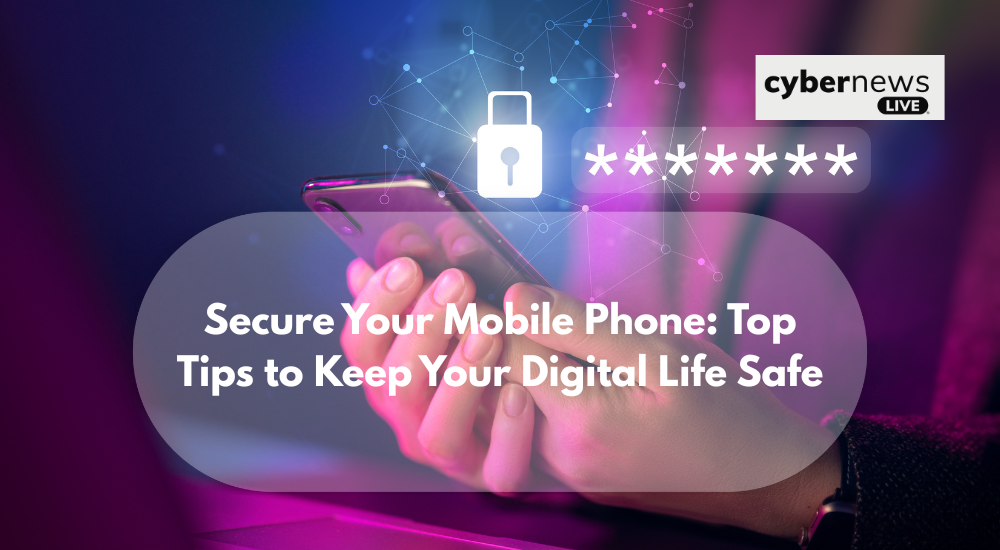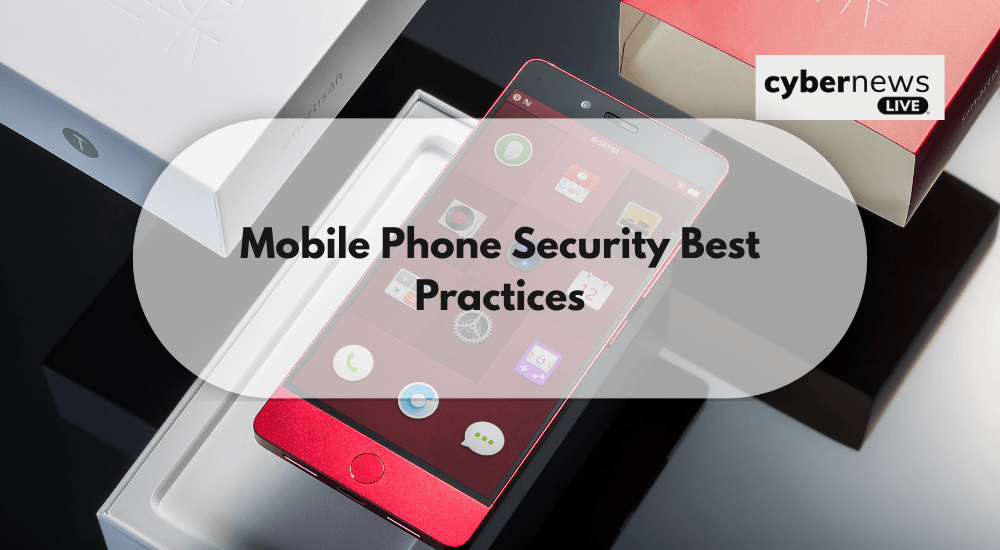

Mobile Phone Security: Top Tips to Keep Your Digital Life Safe
Mobile phones have become indispensable tools, serving multiple functions in both personal and professional spheres. These devices act as primary communication channels and platforms for entertainment, financial management, data storage, photography, and remote access to academic and occupational resources. The ubiquity and multi-functionality of smartphones have significantly improved convenience and productivity, streamlining daily tasks and fostering continuous connectivity.
However, this increased convenience has introduced substantial security vulnerabilities. Mobile phones are increasingly targeted by cyber criminals due to the vast amount of sensitive data they store. A compromised device can result in financial losses, identity theft, and unauthorized access to sensitive personal or corporate data. In some cases, users may even lose access to their contacts, media files, or critical documents.
Despite these risks, mobile phone security remains a frequently underestimated concern. Many users lack awareness of the sophisticated methods employed by threat actors, such as malware, phishing attacks, spyware, and the exploitation of unsecured wireless networks. These vectors can infiltrate devices and steal data without the user’s awareness. Nonetheless, by adopting a series of proactive measures, users can significantly improve the security of their mobile devices and safeguard their personal data from malicious threats.
Mobile Phone Security Best Practices


To keep your mobile phone safe, you need a multi-faceted approach combining strong methodologies. Below are essential practices to enhance the security of your mobile device and protect your personal and professional data.
Use Strong Password & Biometric Authentication
Implementing strong passwords or passwordless authentication significantly reduces the risk of unauthorised access. A strong password should be at least eight characters long, using a mix of uppercase, lowercase, numbers, and symbols. While the convenience of browser-stored passwords, such as the “remember me” feature, can be alluring, it significantly heightens your risk. These practices increase the likelihood of password spoofing. In the event of device loss or theft, attackers could swiftly gain access to valuable personal information, including banking details and payment systems. For added security, users are advised to update their passwords regularly, ideally every three months, and use a reputable password manager when necessary.
Enable Multi-Factor Authentication
Multi-factor authentication (MFA) adds a layer of security, making unauthorized access much more difficult. When MFA is enabled, users must confirm their identity using two or more authentication methods. These methods include receiving a code via text message or email, or confirming login attempts on a separate device. By adopting MFA, users can significantly reduce the likelihood of account compromise, even in cases where their primary password has been exposed.
Utilise a Virtual Private Network (VPN)
Using a VPN is essential when connecting to a public or unknown network. A VPN creates a secure, encrypted connection between your device and the network, protecting your browsing activity from prying eyes. This is particularly important when accessing sites not secured by HTTPS, which are vulnerable to Man-In-The-Middle (MITM) attacks. A VPN also safeguards when browsing less secure websites, adding an extra layer of protection against malicious actors.
Encrypt Your Mobile Device
Encryption is a powerful method for protecting the data on your mobile device. Most modern smartphones have built-in encryption features that make your data unreadable without the correct decryption key, usually your password. In the event your device is lost or stolen, encryption helps keep your sensitive information safe from unauthorized access. The encryption process can take some time, depending on how much data is stored on your device. It’s essential to remember your encryption password, as it’s needed to unlock and access your data. Additionally, consider backing up your data regularly. Some devices are set to automatically erase all data after several failed decryption attempts, which can be a security safeguard but also presents the risk of data loss if the password is forgotten.
Download Apps with Caution
While mobile apps offer convenience and functionality, they can also be a significant gateway for cyber threats. Some are specifically designed to steal your personal information, track your behaviour, or install harmful software on your device. Even official platforms like the Google Play Store and Apple App Store can occasionally host malicious apps. Therefore, it is crucial to exercise caution regarding downloads. Always stick to official app stores, and take the time to research unfamiliar apps before installing them. Look at the number of downloads, read user reviews, and verify the developer’s credibility. For additional protection, consider using a reputable mobile security app.
Backup Your Data Regularly
No matter how secure your phone is, unexpected issues like loss, theft, damage, or malware can still occur. In these situations, having a recent backup can make the difference between a minor inconvenience and a major loss. Regular data backups safeguard essential information, including photos, contacts, messages, documents, and application data. Modern smartphones facilitate this process through convenient and automated backup options. For iPhone users, iCloud can perform daily automatic backups when the device is connected to Wi-Fi and charging.
Final Words
Securing your mobile phone security is an ongoing process, not a one-time setup. By implementing the tips mentioned above and staying vigilant about potential threats, you can significantly reduce your risk of becoming a victim of cyber crime and protect your valuable digital life. Remember, a proactive approach to mobile security is the best defense in today’s interconnected world.
Stay Ahead of Cyber Threats with Cyber News Live. Get real-time updates, expert analysis, and the latest in cybersecurity trends.
